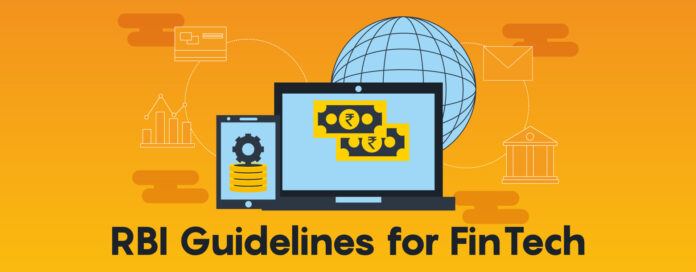Banks and Fintechs are looking for clear digital KYC norms from the RBI. Here’s a list of 4 must-haves for the same.
Technology can determine that an ID card is original purely from its picture. KYC using digital documents is auditable using timestamps and secure with encryption. In fact, it’s much more secure than KYC with physical document.
Rather than insisting on hard copies and photo copies, KYC documents should go completely digital and paperless.
2) Digital Signatures
Using digital signatures will remove the need for signed and counter-signed photo copies that are costly, cumbersome, time-consuming, and prone to collusion and fraud.
3) Allow Cloud Services
Smaller banks, fintechs and financial institutions are important for financial inclusion of the masses. However, they cannot always afford an on-premise IT infrastructure.
To support them, the RBI should allow them to consume cloud services hosted in India that they can pay per transaction.
4) Trust machine-based Face Match
It is important to check that the person transacting is the same as the ID card presented.
For years, authorised officers of banks have been matching the face of people against their ID cards for this very reason. Humans, however, are poor at this task, they are accurate in less than 70% of cases (especially false positive scenarios).
Machine-learnt face match is now more accurate and can work together with humans in case of ambiguity. By allowing machine learnt face match to operate, RBI can make onboarding instant, cost effective, 24×7 and truly scalable.
To set up a call with IDfy, email to shivani@idfy.com
 IND
IND ID
ID PH
PH